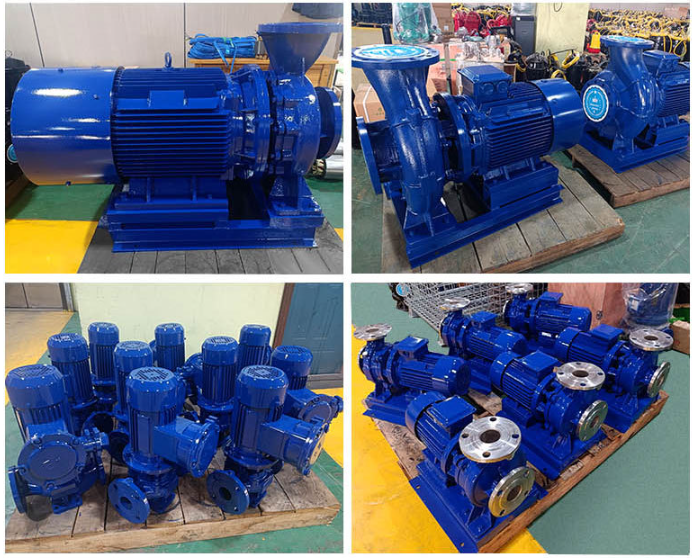Catalan
- Afrikaans
- Albanian
- Amharic
- Arabic
- Armenian
- Azerbaijani
- Basque
- Belarusian
- Bengali
- Bosnian
- Bulgarian
- Catalan
- Cebuano
- Corsican
- Croatian
- Czech
- Danish
- Dutch
- English
- Esperanto
- Estonian
- Finnish
- French
- Frisian
- Galician
- Georgian
- German
- Greek
- Gujarati
- Haitian Creole
- hausa
- hawaiian
- Hebrew
- Hindi
- Miao
- Hungarian
- Icelandic
- igbo
- Indonesian
- irish
- Italian
- Japanese
- Javanese
- Kannada
- kazakh
- Khmer
- Rwandese
- Korean
- Kurdish
- Kyrgyz
- Lao
- Latin
- Latvian
- Lithuanian
- Luxembourgish
- Macedonian
- Malgashi
- Malay
- Malayalam
- Maltese
- Maori
- Marathi
- Mongolian
- Myanmar
- Nepali
- Norwegian
- Norwegian
- Occitan
- Pashto
- Persian
- Polish
- Portuguese
- Punjabi
- Romanian
- Russian
- Samoan
- Scottish Gaelic
- Serbian
- Sesotho
- Shona
- Sindhi
- Sinhala
- Slovak
- Slovenian
- Somali
- Spanish
- Sundanese
- Swahili
- Swedish
- Tagalog
- Tajik
- Tamil
- Tatar
- Telugu
- Thai
- Turkish
- Turkmen
- Ukrainian
- Urdu
- Uighur
- Uzbek
- Vietnamese
- Welsh
- Bantu
- Yiddish
- Yoruba
- Zulu
Telephone: +86 13120555503
Email: frank@cypump.com
oct. . 21, 2024 23:55 Back to list
Optimizing Pipeline Performance with Enhanced Booster Pump Solutions
Understanding Pipeline Booster Pumps Enhancing Efficiency in Fluid Transportation
In the realm of fluid transportation, particularly in the oil and gas industry, the significance of pipeline booster pumps cannot be overstated. These pumps play a crucial role in maintaining the integrity and efficiency of fluid movement through pipelines, which can span hundreds or even thousands of miles. As infrastructure demands grow, understanding the function, benefits, and optimal application of pipeline booster pumps becomes increasingly vital.
What are Pipeline Booster Pumps?
Pipeline booster pumps are specialized devices designed to increase the pressure of fluids flowing through pipelines. They are strategically placed at intervals along the pipeline to ensure that the fluid can overcome frictional losses and elevation changes, maintaining a steady and reliable flow. Without these pumps, fluids would not be able to travel long distances efficiently, significantly hampering production and distribution processes.
The Importance of Adding Pressure
As fluids travel through pipelines, they encounter resistance due to friction against the pipeline walls and changes in terrain. This resistance can lead to a decrease in pressure, which, if not addressed, may result in insufficient flow rates and can even cause operational failures. Booster pumps mitigate these challenges by increasing the fluid's pressure, allowing for a more continuous and stable flow. This is especially important in long-distance transportation, where pressure loss can be significant.
Types of Pipeline Booster Pumps
There are various types of booster pumps used in pipeline applications, each tailored to specific needs. Positive displacement pumps, for instance, are ideal for applications requiring high pressure at a low flow rate. On the other hand, centrifugal pumps are commonly used for high flow rate applications, providing efficient fluid transfer in situations with lower pressure demands. The choice of pump type largely depends on the characteristics of the fluid being transported, the pipeline layout, and the specific pumping requirements of the operation.
pipeline booster pump

Benefits of Pipeline Booster Pumps
1. Enhanced Flow Rates By increasing the pressure throughout the pipeline, booster pumps significantly enhance flow rates, ensuring that products reach their destinations promptly.
2. Operational Efficiency These pumps reduce the energy required to transport fluids, promoting a more efficient operating environment. This can lead to lower operational costs and increased profitability.
3. System Reliability By maintaining consistent pressure levels, booster pumps help prevent potential failures in the pipeline system, ensuring reliable operation over extended periods.
4. Flexibility in Design Booster pumps can be strategically placed at various points in a pipeline, allowing for flexibility in system design. This adaptability is crucial for meeting specific operational requirements and addressing unique challenges.
5. Environmental Considerations By improving efficiency and reducing energy consumption, pipeline booster pumps contribute to more environmentally friendly operations, which is increasingly important in today's regulatory landscape.
Conclusion
As the demand for effective and efficient fluid transportation continues to rise, pipeline booster pumps will remain integral to the industry. They serve not only as a means of overcoming the inherent challenges of long-distance fluid transport but also as a key component in enhancing operational efficiency and ensuring system reliability. By investing in the right booster pump technology, companies can optimize their pipeline systems, reduce costs, and contribute to more sustainable practices in the fluid transportation sector. Understanding and utilizing pipeline booster pumps effectively is essential for ensuring the future success of fluid transportation operations.
-
High-Efficiency Submersible Effluent Pump for Sewage & Wastewater Solutions
NewsJul.08,2025
-
High Quality CH Warman Slurry Pump Factory - Leading Horizontal Slurry Pump Supplier
NewsJul.08,2025
-
Hot Sale Chemical Circulating Pump – Efficient & Durable Slurry Circulating Pump Solutions
NewsJul.08,2025
-
High-Efficiency Submersible Dredge Pump for Sand & Gravel Durable Dredge Slurry Pumps Solutions
NewsJul.07,2025
-
Wholesale Slurry Pump Impeller Supplier – High-Quality & Efficient Pump Parts for Enhanced Performance
NewsJul.07,2025
-
High-Efficiency Water Submersible Pumps Reliable Water Pump for Potable Water Supply
NewsJul.06,2025










